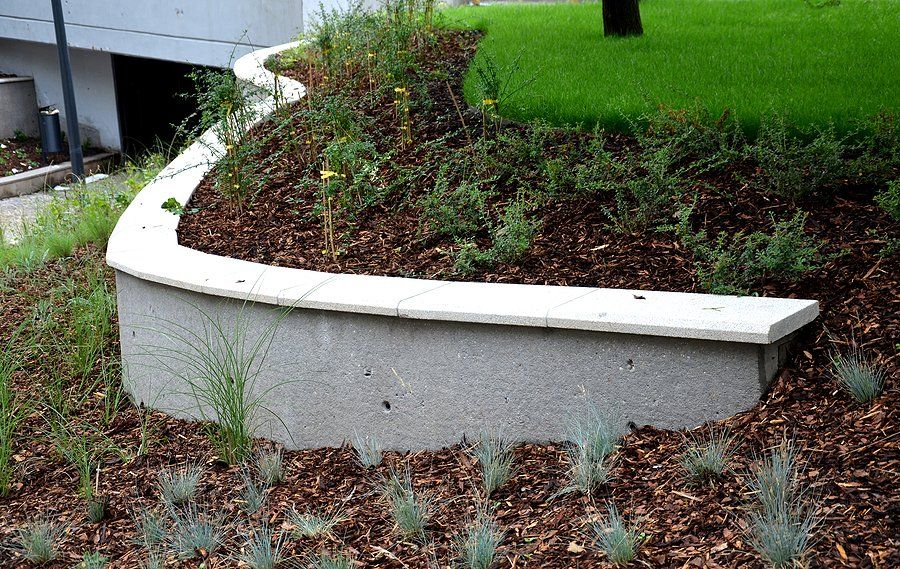Concrete Retaining Walls
If you’ve been thinking about integrating a retaining wall into your property’s exterior spaces, you’ve surely spent some time considering the various materials that you might use for its construction. In the past, you’ve likely come across wood retaining walls and, certainly, stone retaining walls – but have you thought about using concrete as your construction material? It’s an outstanding performer in so many construction activities, and has the potential to add substantial quality to your property. At Precision Retaining Walls of Atlanta, we’ve got a storied history when it comes to the production of concrete retaining walls, and we’d only be too happy to get involved with a construction process at your property. Below, you can sink your teeth into plenty of information on these additions, and the reasons that so many people choose to use them. For those with lingering doubts, our customer service team is standing at the ready to offer support.
Material Options
Yes, it might be that you’ve chosen to use concrete as the base material for your retaining wall, but there are still some decisions you’ll need to make. For one, there are two forms of concrete that can be used to build a retaining wall: blocks and poured concrete. Both of these options have their strengths, so it’s really down to personal choice. We’ve used retaining wall blocks plenty of times throughout our service history, creating walls that people have loved. You might consider poured concrete as an alternative, though, as it’s a fabulous way of building a sturdy but flexible retaining wall. We can offer any information you need to help make this decision.
Cantilever Retaining Walls
If you haven’t heard of this variety of retaining wall before, it’s something you need to know about. A cantilever retaining wall is constructed using reinforced concrete. The structure is either L or T-shaped, with a horizontal foundation taking the brunt of the stress caused by the weight of the earth held back by the wall. A cantilever retaining wall is more commonly used for new slopes, rather than existing slopes, due to the nature of the construction process.
Broad Resistance
One of the reasons that concrete is such a popular choice for retaining wall construction is that it has outstanding physical prowess. It’s strong – super strong – which makes it effective at holding back earth and resisting downhill erosion. That is, obviously, a must for a retaining wall. But it also puts up with the presence of moisture effectively, when installed in the proper fashion. Speaking broadly, this kind of physical resilience is a must if you want lasting service from your retaining wall.
Accessible Options
If you have any doubts about the cost of installing a concrete retaining wall, let us put those to rest. Concrete is among the most cost-effective and accessible materials around. You can forget about breaking the bank here – we’ll make sure that you’re getting an affordable deal, and value that simply isn’t available through any other retaining wall company in the region.
Precision Retaining Walls of Atlanta
We will get back to you as soon as possible.
Please try again later.
